Responding to human need by loving service
Since the Middle Ages local churches have provided a place of support for those who find themselves struggling. The last 15 years have seen a growth in this Christian social action and here in Durham Diocese we work with our communities to provide support. Local churches are responding in amazing and varied ways.
Food Insecurity
Access to affordable and healthy food is a day-to-day challenge for more and more people living on low incomes in the UK. One in five parents say they have skipped meals so their children could eat and the problems are often worse during the school holidays.
We work in a host of different ways to respond to food insecurity, from organising Holiday Club, to providing expertise, help and advice to groups setting up food banks, food pantries and other local initiatives.
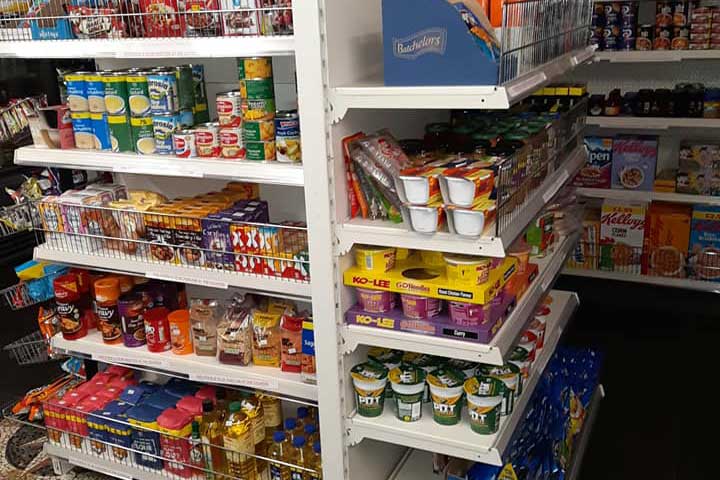
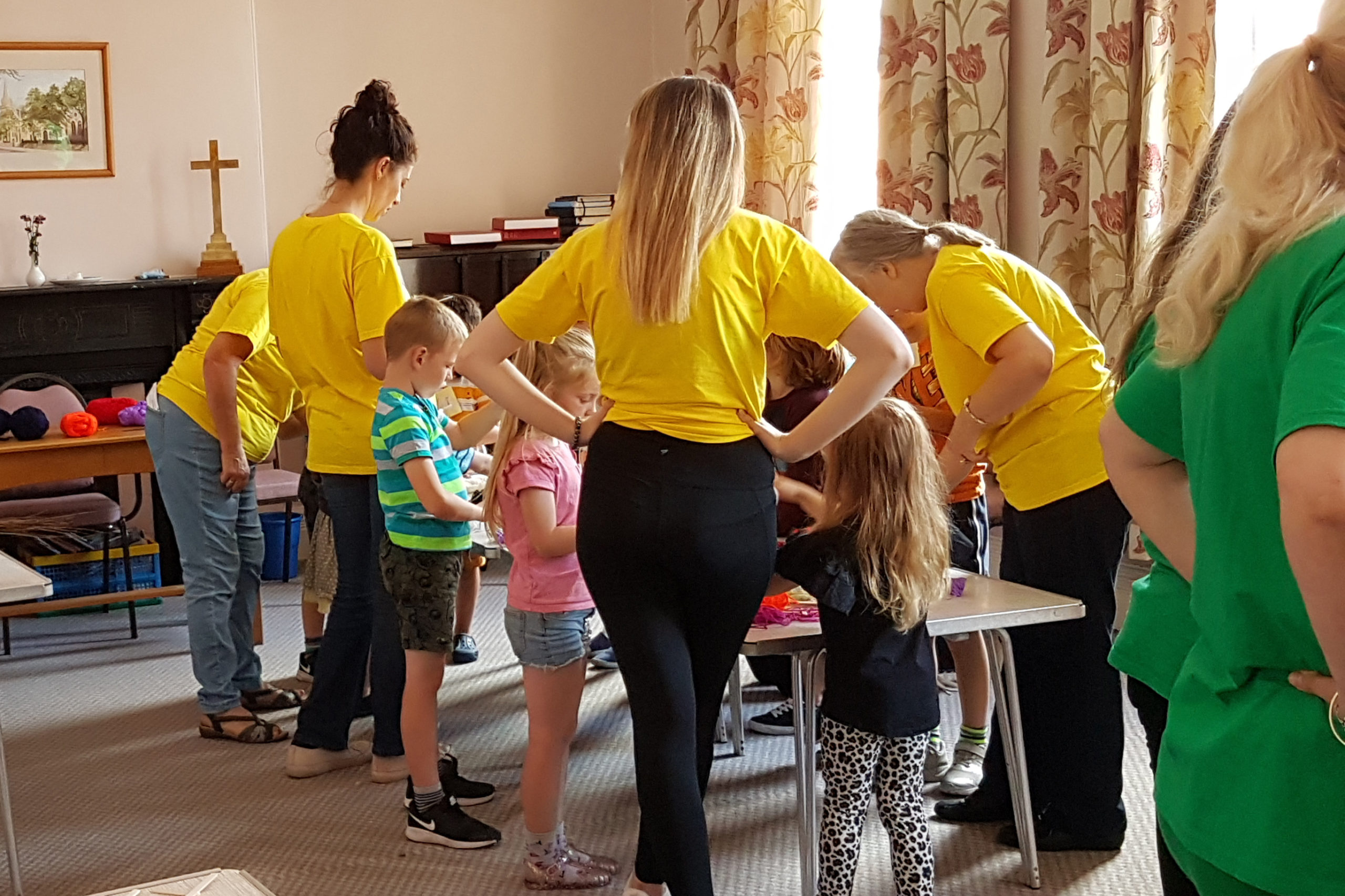
Holiday Clubs
We support churches to provide holiday clubs that connect with communities and tackle food insecurity in school holidays. More than 1 in 5 children live in deep poverty in the North East. Churches are in a position to offer support locally. CTD can provide training, support and funding.
Community cafes, kitchens, and stores
Alongside foodbanks projects are finding new and innovative ways to respond to food insecurity. Many churches provide meals to share; St Aidan’s Kitchen in Hartlepool has a community kitchen and lunch for anyone who requires it, and St Chad’s, Stockton’s food pantry uses the Fare Share scheme to provide members items at discounted prices and sometimes free of charge. New and creative ways to respond to food insecurity are emerging..
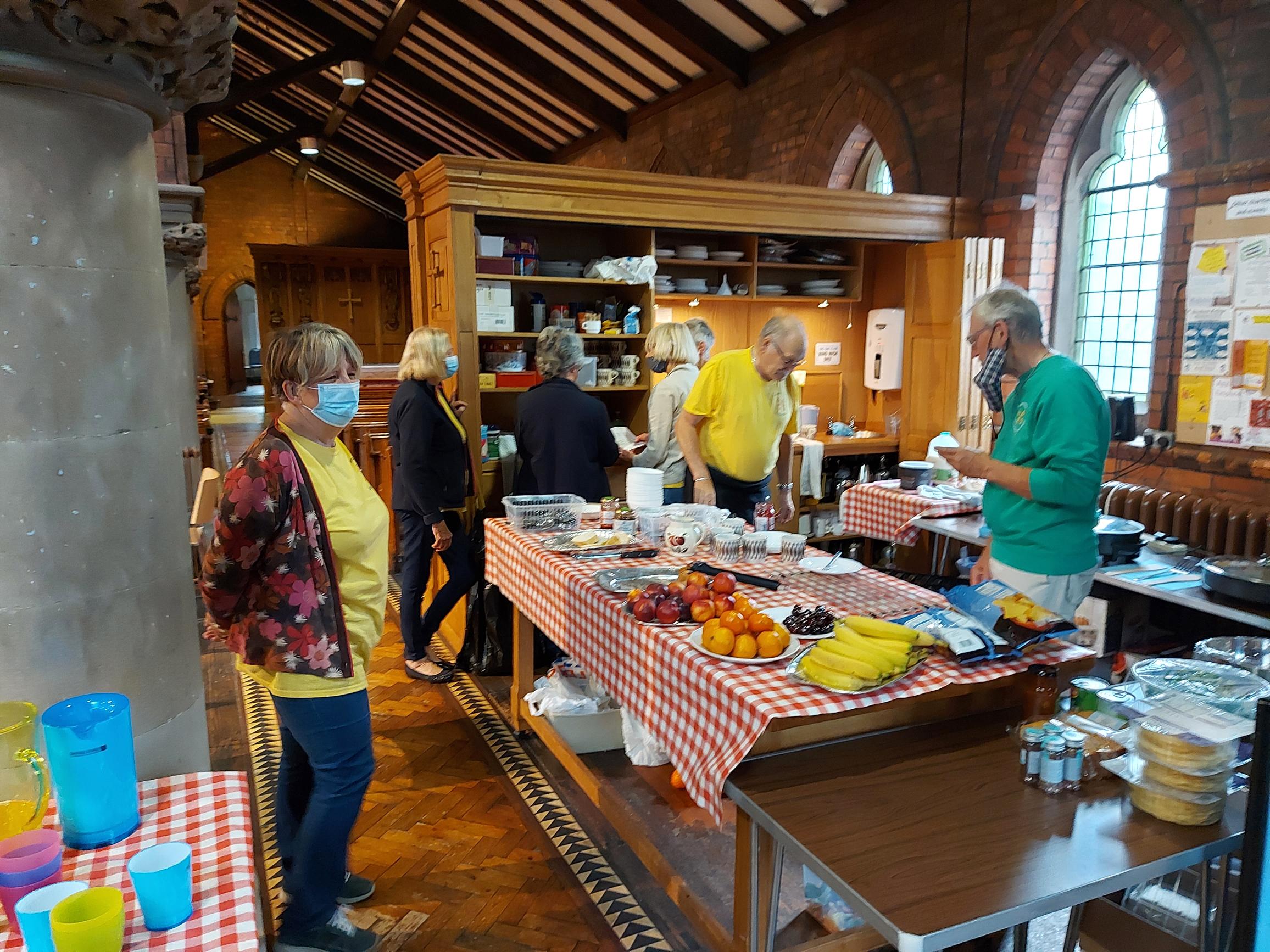

Financial and debt advice
We offer support to churches interested in helping people overcome financial challenges longer-term. We have helped two groups set up CAP debt centres, and also shared information on other debt relief models like Community Money Advice. We have helped churches to work out what they can realistically offer with the resources they have when it comes to supporting those struggling financially.
In partnership with the Just Finance Foundation, we also deliver ‘Covid Cash Recovery’ courses, which were established during the height of the pandemic to consolidate information about government support schemes like furlough, budgeting advice, and information on how to reduce household bills. These courses equipped staff and volunteers working directly with the public to access information useful to those they met who had financial difficulties, and helped them signpost to further support. It has become clear over the last year that although restrictions have been lifted at times, the information is still much needed, and the convenience of it being contained in one place is a huge benefit. We can offer open sessions which individuals can sign up to, or bespoke sessions for groups that would like to access the training together or have the information tailored to their context.
Welcoming asylum seekers and refugees
We are striving to build community cohesion in the Durham Diocese, and we are working to dispel some of the myths and prejudice surrounding the arrival of refugees and asylum seekers. Our work, in partnership with other local ecumenical groups, focuses on equipping churches, individuals and communities to offer practical support to asylum seekers and refugees, from information and advice to friendship and community integration.
Over the last three years this has become a new ministry for many congregations, and we are learning as we go along. The Syrian Resettlement Scheme has seen many communities welcoming refugees for the first time and a growing number of asylum seekers. Communities Together Durham provides a place for us to share our learning and is building links with local authorities and other agencies.
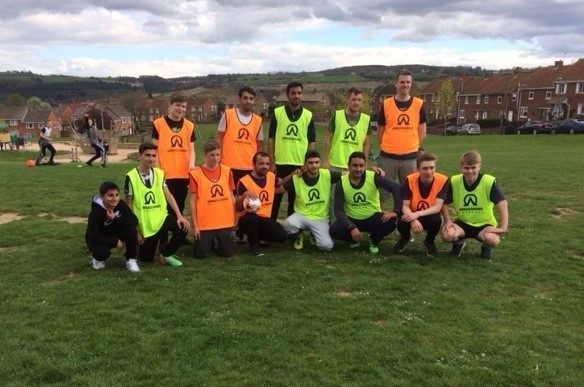

Loneliness and Isolation
Loneliness and isolation can affect people of all ages in any environment. As churches, we aim to be communities where people can not just be with others, but also feel they belong and contribute to a group. We have helped churches respond to isolation in whatever way is best for their context – from organised telephone befriending schemes like Two’s Company (www.linkinglives.uk) and regular meetings such as Places of Welcome, to other individual and creative church responses.
Places of Welcome
We support many drop-ins including Places of Welcome. Places of Welcome are run by local community groups and provide places for people to connect with one another and enjoy each other’s company.
There are more than 400 Places of Welcome across the UK. Each is unique but they all provide a place for people to connect with one another and enjoy each other’s company.
Places of Welcome can take place in all sorts of different venues: churches, community centres, libraries, mosques, temples and other community buildings.
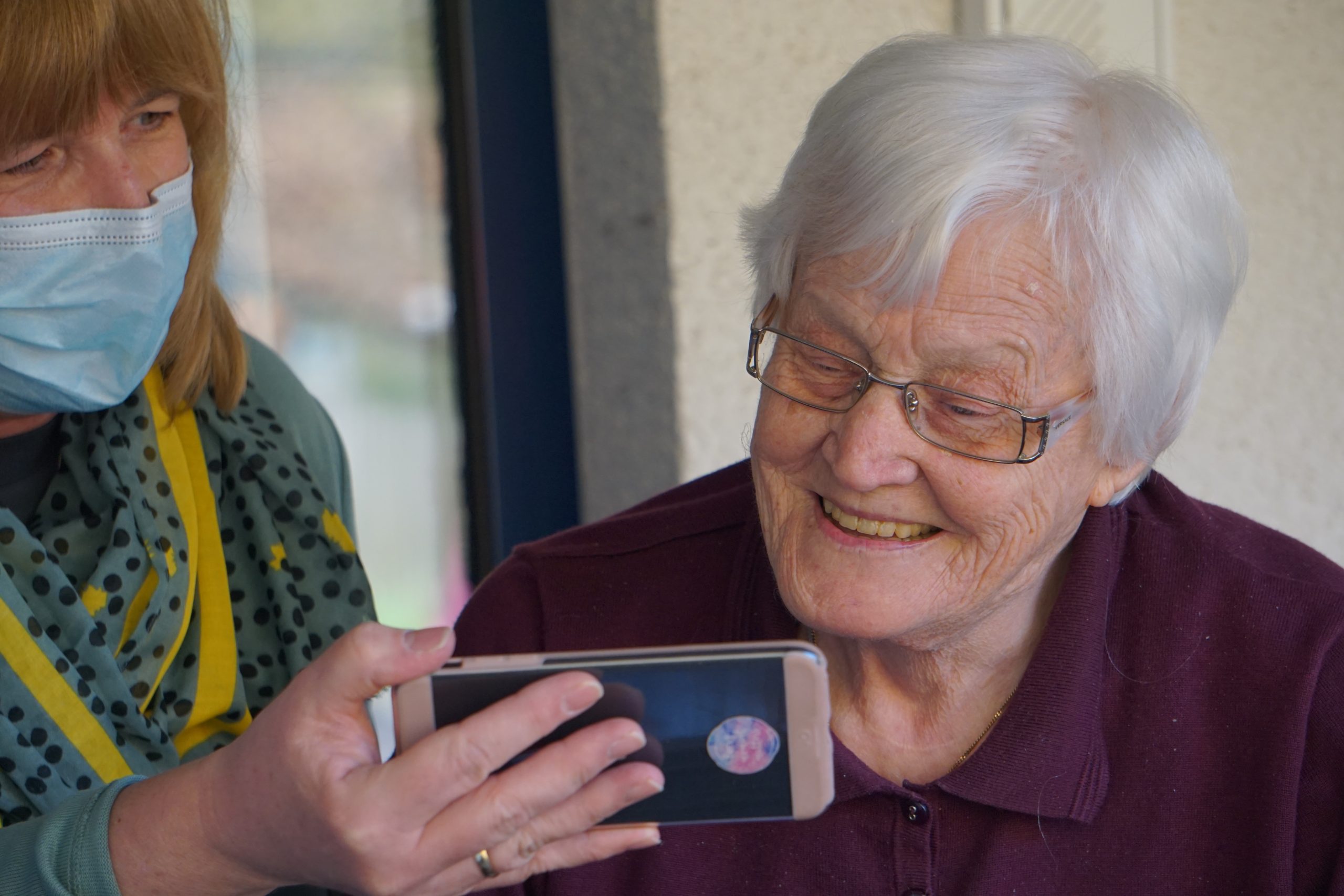
Dementia Friendly Churches
Almost all of us will know somebody or a family where someone is living with dementia. Given the ageing profile of our communities, it is likely that this will become a more common experience. As churches, we seek to nurture the individual spirituality of all, and doing this in a way that is accessible to people with dementia is becoming increasingly important. We can work with churches to make buildings and worship more dementia friendly, and are working alongside the diocese to establish a mutual support network of churches which are offering activities and services particularly relevant to people with dementia and their carers.
